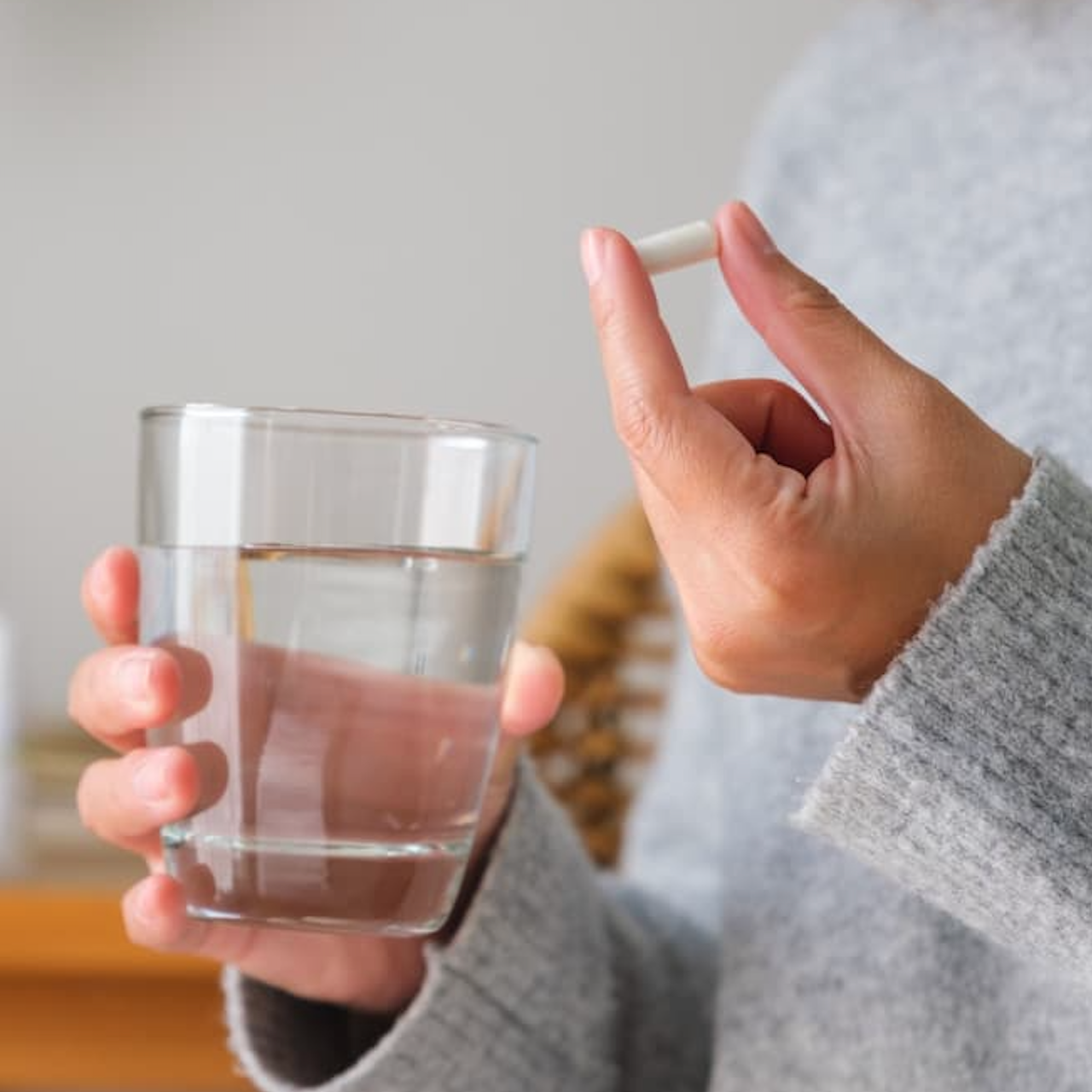Antibiotics in Pregnancy, Infancy Unlikely to Raise Autoimmune Disease Risk
While more research is needed, this large study suggests that early antibiotic use is unlikely to be a significant factor in childhood autoimmune disease.
By
Lana Pine
| Published on August 27, 2025
4 min read
Credit: Adobe Stock/Farknot Architect

Investigators in Korea wanted to find out whether taking antibiotics during pregnancy or early in a baby’s life could increase the risk of children developing autoimmune diseases such as Type 1 diabetes, juvenile arthritis, inflammatory bowel disease (Crohn’s disease or ulcerative colitis), lupus or thyroid disease (Hashimoto’s disease).
This concern comes from earlier studies suggesting that antibiotics — by altering the gut microbiome or immune system — might contribute to autoimmune diseases. However, past studies have shown mixed results, and many didn’t account for important factors like family history or why antibiotics were prescribed in the first place.
What the Study Did
Using a nationwide database of Korea’s National Health Insurance Service between 2008 and 2021, the team of investigators tracked more than 1.5 million children exposed to antibiotics in pregnancy and nearly 2 million exposed in infancy, and compared them with children who weren’t exposed.
To reduce the chance that the reason for antibiotics, such as an infection, caused the results, they focused only on families where infections occurred. Investigators also looked at whether exposure was linked to later autoimmune conditions in childhood, with an average follow-up period of 7.6 years. To account for family and genetic factors, siblings (one exposed to antibiotics, another not) were compared.
“While previous studies have examined how antibiotic exposure relates to autoimmune disease in children, they often do not fully consider the influence of infection or familial predispositions, which typically prompts antibiotic use and can greatly affect autoimmune disease development,” investigators explained.
What the Study Found
Among the pregnancy group, 56.1% of babies were exposed to antibiotics in utero. Similarly, 57.5% of newborns in the early infancy group were exposed.
Ultimately, investigators found no overall link. Children whose mothers took antibiotics in pregnancy, or who received antibiotics in infancy, did not have a higher risk of developing autoimmune diseases overall.
When breaking down results by disease, no consistent significant differences were found for Type 1 diabetes, juvenile arthritis, inflammatory bowel disease, lupus or thyroid disease.
“While our findings rule out a substantial increase in autoimmune disease risk, the study may have been underpowered to detect small but potentially meaningful associations, particularly within certain subgroups,” investigators noted.
A few small signals showed up in subgroup analyses:
- Cephalosporins (a type of antibiotic) during pregnancy were linked to a slightly higher risk of Crohn’s disease.
- Antibiotics in the first two months of life or in boys were linked to a modestly higher risk of autoimmune thyroiditis.
These findings were not strong and need more research to confirm.
When interpreting this study, investigators pointed to some limitations. Because it was an observational study, researchers couldn’t rule out all other possible influences — such as diet, environment or lifestyle — that weren’t captured in the database. While they worked hard to account for infections, family history and genetics, these factors could still play a role. Another limitation is that the study followed children for up to 14 years, which is long enough to assess most childhood autoimmune conditions but not diseases that may appear later in life, such as thyroid problems. Finally, because the study was done in Korea, the results may not fully apply to other countries with different populations or health care systems.
“Early-life antibiotic exposure was not associated with an increased risk of autoimmune diseases in children, indicating that the potential therapeutic benefits of antibiotic use may outweigh the minimal risk of autoimmune outcomes in these periods,” concluded investigators.

